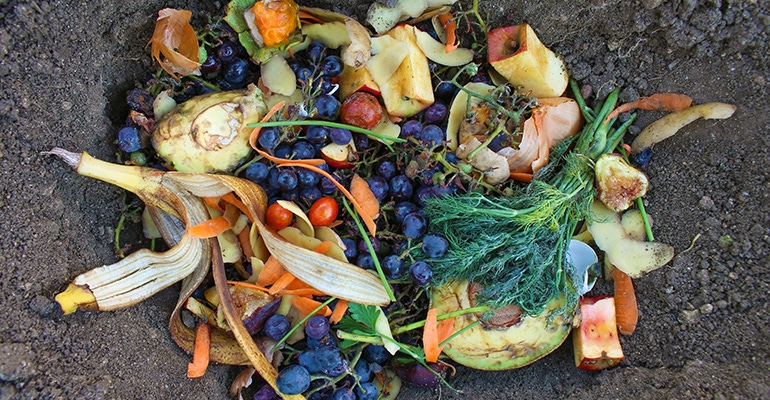Each day at 5 p.m. we collect the five top food and supplement headlines of the day, making it easy for you to catch up on today's most important natural products industry news.
August 21, 2019

In the largest prosecution of organic fraud in US history, Iowa grain seller sentenced to 10 years in prison
Farmer Randy Constant sold over $142 million worth of “organic” feed to livestock farmers across the Midwest in what turned out to be the largest case of organic fraud in U.S. history. Constant had exploited the organic/conventional price difference by selling his feed for prices that couldn’t be matched by his genuinely organic competitors. He was sentenced to over 10 years in prison last Friday but was found dead of apparent suicide on the morning of August 21. Read more at New Food Economy …
Study finds farm-level food waste is much worse than we thought
A new study about on-farm food loss shows that just over a third of edible produce grown on farms remains unharvested in the fields. Growers themselves have little control over this fact for several reasons, the most important variable currently being the growing cost of agricultural labor. Read more at Civil Eats …
Museum of Ice Cream valued at $200 million
Venture investors are valuing the experience-based Museum of Ice Cream at a whopping $200 million. The founders said that they plan to use the new funding to expand the company’s line of ice cream, form additional partnerships and open new permanent museum locations in new regions—including Asia. Read more at The Wall Street Journal …
One chef’s trash is another chef’s tempura vegetable special
According to the Natural Resources Defense Council, 40% of food produced in the U.S. goes to landfill uneaten. But chefs are finding innovative ways to divert this waste at every step of the supply chain; for example, one D.C.-based bar “upcycles” food scraps from the kitchen into unique cocktails. Another establishment promotes lesser-known species of fish that are more abundant than the usual varieties. Read more at Eater …
Why European restaurants are much more vigilant about food allergies
Many restaurants in Europe will proactively turn away customers with allergies if there is a risk of contamination, and the kinds of allergies they look out for far exceed the typical U.S. concerns over lactose, gluten and peanuts. In America the burden falls largely on the consumer, which some food safety advocates argue would be alleviated with mandatory labeling practices. Read more at NPR …
You May Also Like


